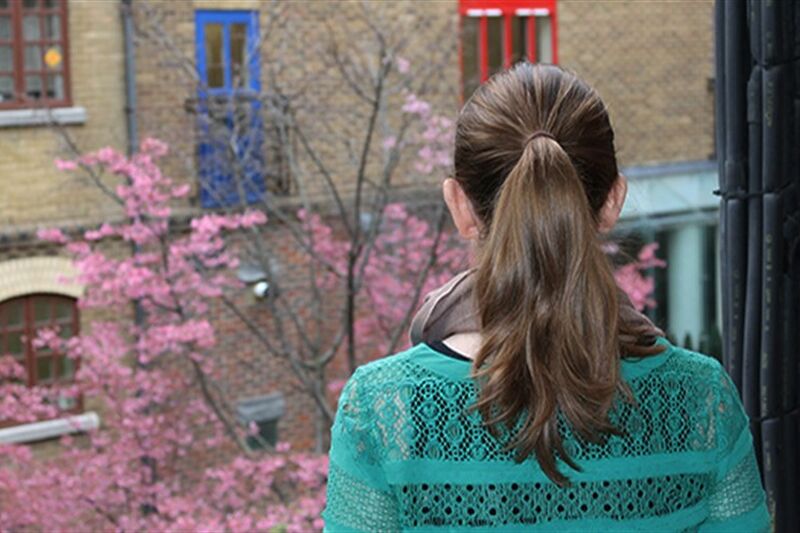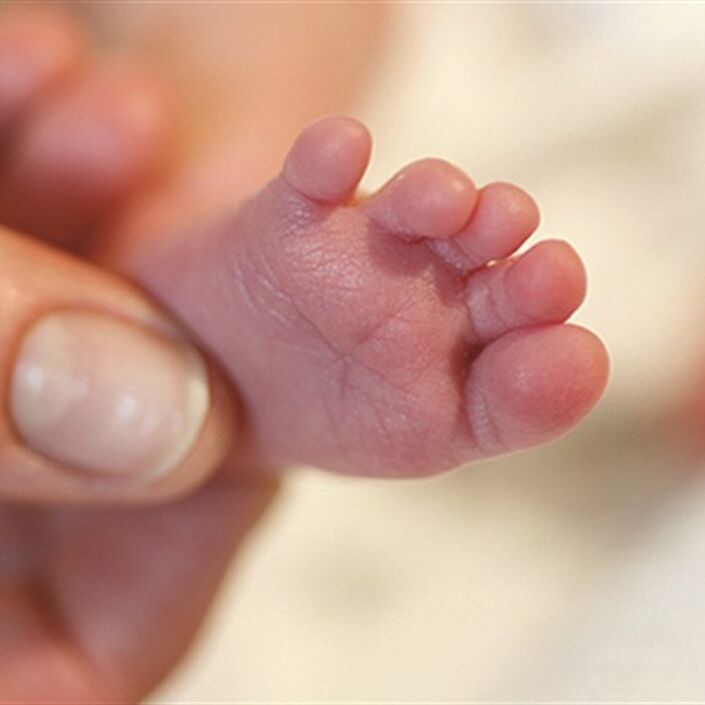Caring from the start
Many parents who have been through this experience have talked about not wanting to get too attached to their baby because they are afraid that their baby will not survive. However, research has shown that those who did get involved in their baby’s care, even though their baby eventually died, say that knowing they had done all they could while their baby was alive helped them to deal with the loss of their baby later.
How you might feel
The grief that comes from losing your baby can be much deeper and last longer than most people expect. Although people may say that you will ‘get over it’, you are likely to ‘contain’ the experience and carry it with you for the rest of your life. Everyone’s circumstances are different and every experience is individual.
In the first few days, you may find it difficult to believe that your baby is no longer with you and it may seem as if you are in a bad dream. The reality will slowly unfold and you may experience the pain at its worse just when you, and others, think that it should be ‘getting better’.
Parents, especially mothers, easily blame themselves for their baby’s condition and often feel guilty, as if they should have been able to stop the death from happening. You may feel angry with yourself, your loved ones and the health professionals who looked after your baby.
The death of a baby is a devastating experience. The effects of grief can be overwhelming and it can be hard to take in information, to make decisions or to imagine how you are going to cope. Often parents feel overwhelmed and frightened by the intensity of their emotional and physical pain. The grief process will take its course, but if you are concerned, it may be beneficial to seek help.
Talking things through with someone who understands can make you feel less isolated and help you see that your feelings are entirely appropriate. Understanding the grieving process can help to reassure you that what you are feeling is normal. It may be helpful to talk to your GP, a bereavement counsellor or another professional supporter.
You might also find it helpful to download or order the Sands booklet Saying goodbye to your baby
Parental Bereavement Leave and Pay
If your baby has died, you are entitled to Parental Bereavement Leave. Anyone whose child has died before their 18th birthday on or after 6 April 2020 will be entitled to 2 weeks of statutory leave for each child that has died. This includes parents of children who are stillborn after 24 weeks’ pregnancy. All employed parents have a day one right to this leave.
You may also be entitled to Statutory Bereavement Pay. This is where anyone whose child has died before their 18th birthday on or after 6 April 2020 is paid at the statutory rate during their 2 weeks of leave. Whether you qualify for Statutory Bereavement Pay depends on the amount you earn and how long you have been working for your current employer.
For more information about who can claim, please visit the government website.


